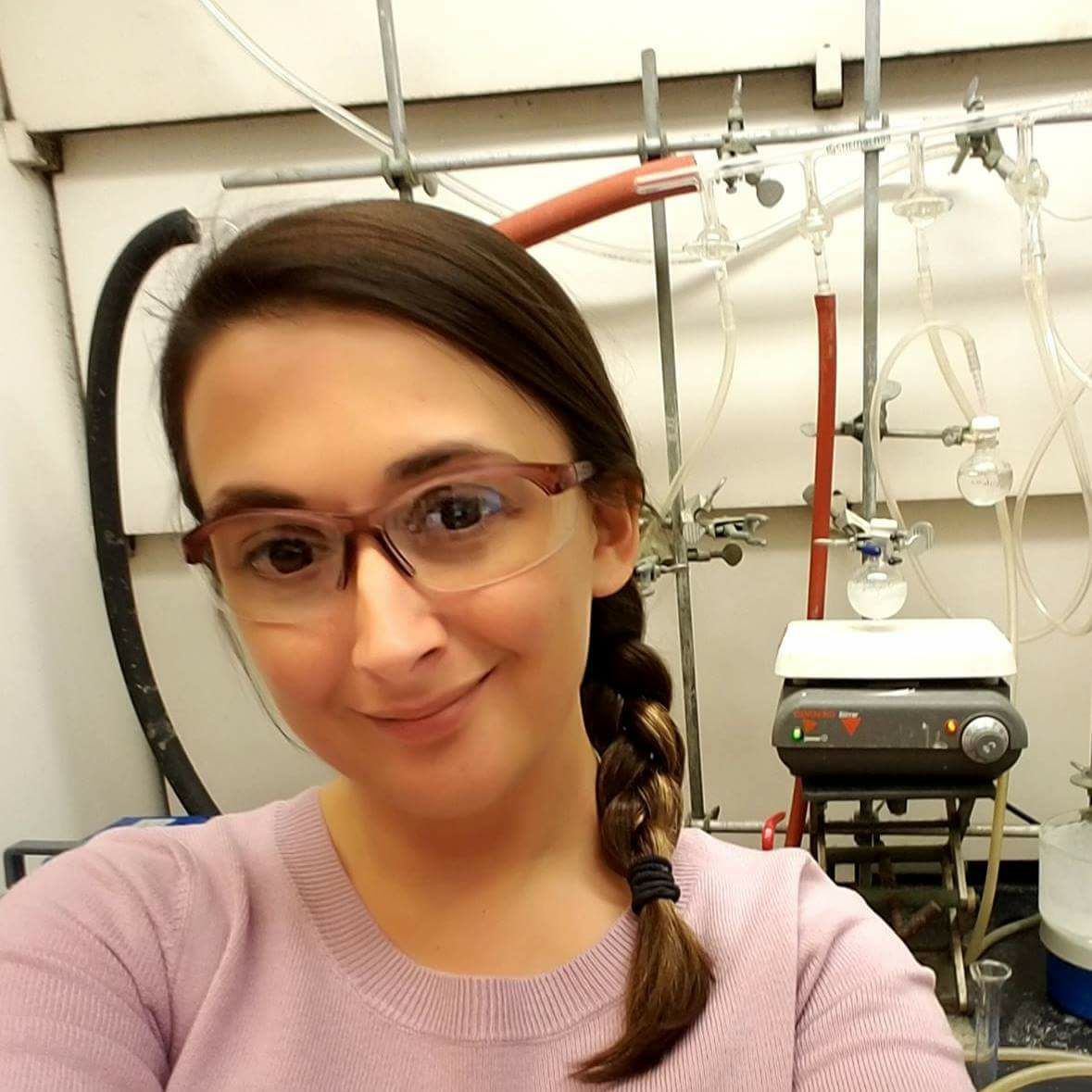News & Events
Jennifer Doyle
Posted on March 28, 2018

When
Date - March 28, 2018
1:00 pm - 2:00 pm
What
MS Thesis Defense – CHE 602
Title: “Towards the Stereoselective Syntheses of 2-Methylcitrate and 2-Methylisocitrate and Their Use in Studying the Methylcitrtic Acid Cycle in Bacillus subtilis.”
Advisor: Dr. Jason Reddick
Abstract:
“Towards the Stereoselective Syntheses of 2-Methylcitrate and 2-Methylisocitrate and Their Use in Studying the Methylcitrtic Acid Cycle in Bacillus subtilis.”
Abstract:
Our laboratory has investigated the mother cell metabolic gene (mmg) operon from Bacillus subtilis, which encodes the methylcitric acid cycle and β-oxidation of fatty acids. The methylcitric acid cycle is a pathway utilized in some bacteria and other organisms to metabolize propionate. We have questions regarding the stereochemical outcomes of two of the steps from this pathway. First, the enzyme 2-methylcitrate synthase (MmgD) condenses oxaloacetate with propionyl-CoA to produce 2-methylcitrate. Our results indicated that this enzyme produces one of the heterochiral enantiomers, (2SR, 3RS)-2-methylcitrate but a homolog of the same enzyme in Escherichia coli was reported to produce the homochiral (2S, 3S)-2-methylcitrate. Our efforts have shown that these two homologs produced the same stereoisomer, so the stereochemical assignments of these reaction products have been questionable. We therefore seek to synthesize analytical standards of all four stereoisomers of 2-methylcitrate, using modern chemistry and analysis. We are currently using an enantioselective Shi epoxidation to establish the two stereocenters, and we will report on the progress of this synthesis. We will also report on our syntheses of the stereoisomers of 2-methylisocitrate, which is cleaved in the final step of the methylcitric cycle by the enzyme 2-methylisocitrate lyase (YqiQ in B. subtilis) to produce pyruvate and succinate. However, 2-methylisocitrate is not commercially available; therefore, it must be synthesized. We encountered problems with literature reports of a diastereoselective synthesis of this compound and we will report our improvements and the use of the final synthetic products to analyze the 2-methylisocitrate lyase from B. subtilis.





